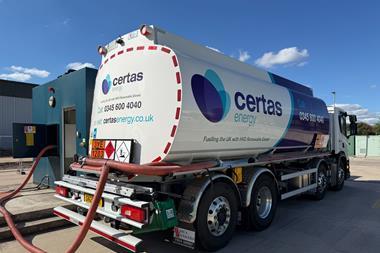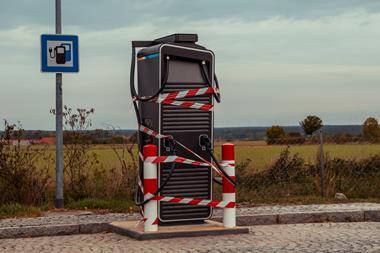Suggestions that electric vehicles (EVs) could be more polluting than their petrol or diesel equivalent have been debunked by a new report, and it says the balance is tipping ever more in EVs favour.
Research by Imperial College London for Drax Electric Insights shows that on average Britain’s electric vehicles (EVs) are responsible for just one quarter of the CO2 emitted by conventional petrol and diesel cars – and if the carbon emitted in making their battery is included, the CO2 emissions are still only half of those of a conventional vehicle.
And the research found that the increasing decarbonisation of Britain’s electricity supply is enabling EVs to become more environmentally friendly. Wind, solar, biomass, and hydro supplied 55% of electricity demand on June 30, breaking last year’s record of 48% according to the report.
Dr Iain Staffell of Imperial College London said: “EVs have real potential to reduce our carbon footprint and help meet our net-zero carbon ambitions – despite some speculation about how clean they really are.
“An electric vehicle in the UK simply cannot be more polluting than its petrol or diesel equivalent – even when taking into account the upfront ‘carbon cost’ of manufacturing their batteries. The carbon content of Britain’s electricity has halved in recent years and keeps on falling, whereas conventional engine vehicles have very limited scope to reduce emissions over their lifetime
“Any EV bought today could be emitting just a tenth of what a petrol car would in as little as five years’ time, as the electricity it uses to charge comes from an increasingly low-carbon mix.”
Paul Sheffield, managing director of Drax’s customer supply businesses Haven Power and Opus Energy, said: “The electrification of transport is going to be vital if we are to address the climate crisis. We’ve seen first-hand how complex it can be for businesses to switch their fleet vehicles to EVs and have developed a new service to help make the switch easier for them.
“Supplying renewable electricity to businesses is one step towards helping them to be more sustainable – enabling them to decarbonise other aspects of their operations like transportation, will mean they can play a fuller role in the transition to a zero carbon future.”
Ian Johnston, CEO of rapid charging providers Engenie, commented: “The argument that electric vehicles are just as polluting as conventional vehicles is confined to the history books. This news, alongside the huge private investment being made into rapid charging infrastructure will give drivers the confidence to make the switch and accelerate the decarbonisation of the transport sector.”

































No comments yet